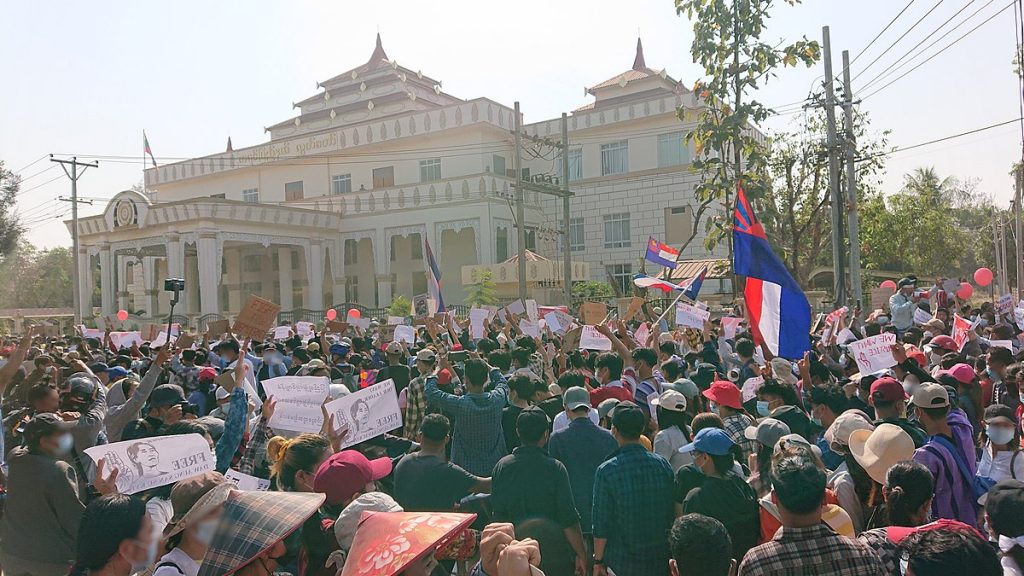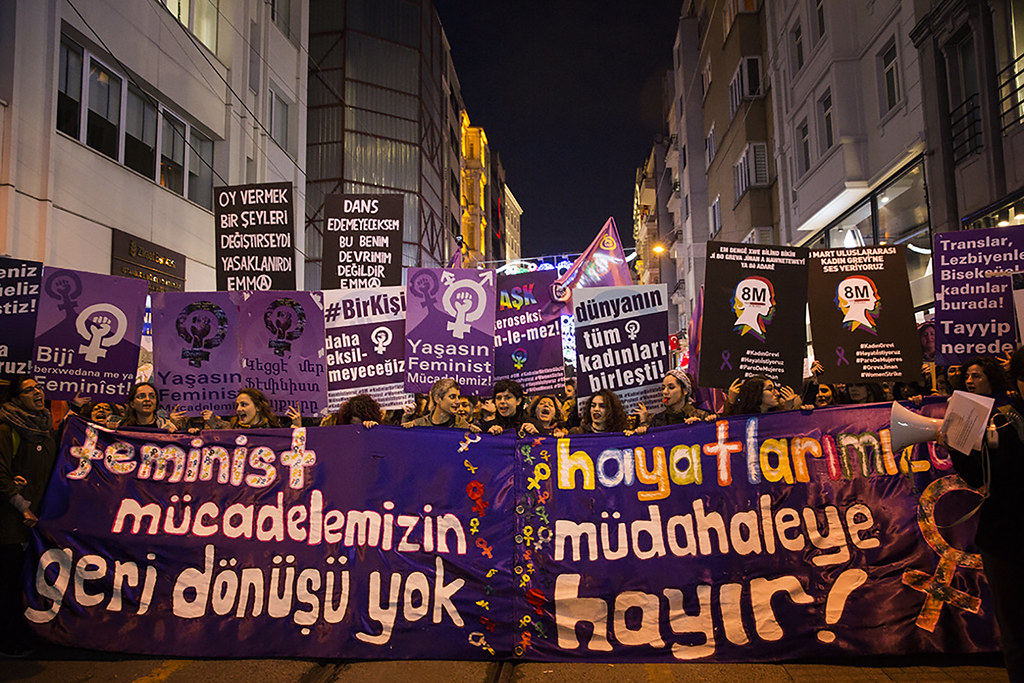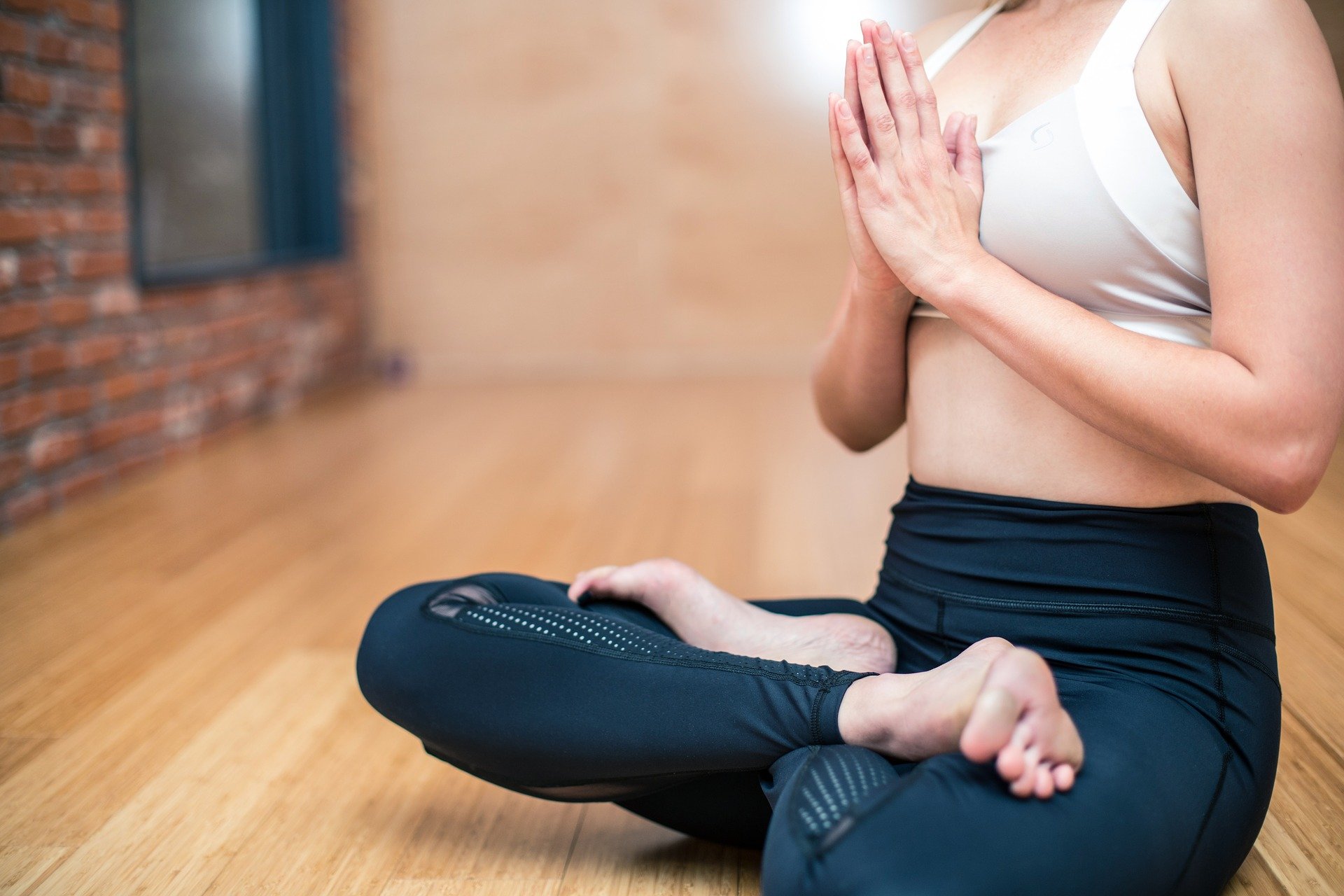Myanmar Protests: Organizing for a better world
As protests continue in Myanmar a brutal crackdown by security forces has led to a heavy death toll, but the people continue to find strength.
*Second article in a series on protests around the world*
**TW: Police violence, mention of murder, torture, arrest**
“Everything will be okay,” read the tee-shirt of a young woman on the frontlines of the protests. A symbol of strength and hope for the future, a bold statement of the reason that she was there, a challenge to anyone that would stand in the way of that hope. Kyal Sin, also known as Angel, was 19 years old, newly graduated and determined to make a change. She had taken to the streets to join anti-coup protesters on March 3 in spite of the risks.
Angel “was killed by a shot to the head on the streets of Mandalay as she fought for a tentative democracy in which she had proudly voted for the first time last year, an election overturned by the Feb. 1 coup.” Explained by the Reuters Staff in “’Everything will be OK’: slain Myanmar teen’s T-shirt slogan spurs defiance.” At least 18 people were killed that day as security forces shot live ammunition at protestors.
As another protestor recalled to Reuters staff, hundreds of people “ … had gathered peacefully in Myanmar’s second city to denounce the coup and call for the release of detained leader Aung San Suu Kyi.”
The article goes on to explain that “before the police assault, Angel can be heard on video shouting, ‘We won’t run’ and ‘blood must not be shed’.” A cry for justice amid state violence and repression, a cry that will not be snuffed out by her murder.
The baseless claims of election fraud in the general election laid the groundwork for the military coup. Now in charge, the military has declared a year-long state of emergency in an attempt to legitimize their power, this seizure of power by the military results in military rule referred to as a junta.
Over 500 people have been murdered since the junta’s crackdown on protestors, according to the Assistance Association for Political Prisoners. As security forces raid homes and carry out arbitrary beatings and arrests, it’s apparent that the terror is not confined to protests.
With people disappearing, being tortured and killed by the junta, the flame of dissent continues to be fanned. “The soldiers rounded up the entire group of about 70 protesters and took them to a nearby air force base and beat them with sticks, plastic pipes, chains and belts, said a teacher, U Nay Lin, 30, who was among those arrested.” Richard C. Paddock explains in the article “ Beaten, Cuffed, Hauled Away: When Myanmar’s Military Comes Knocking”
“They tried to threaten us by arresting and torturing us like this, but we aren’t afraid to die,” said Thae Ei Phyu, who was released without charges. “It’s better to die than living under the junta.” After her release, “she was taken to a hospital, where she received stitches for the deep holes in her neck caused by the rubber bullets.”
Despite the continued efforts and unwavering dedication of the protestors, violence and death take a collective toll on people, and as such an important part of these movements is found in the quieter moments. Vigils and acts of remembrance for those lost during the fight for liberation are fundamental to movements. Creating a space for healing and reflection allows people the opportunity to work through their trauma and emotions in a healthy way.
There is not often space to do this sort of work, and continuing to repress these things only puts yourself and others at risk when you reach a breaking point. Vigils, prayers, funerals and what is known as the three-fingered salute are all ways that protestors in Myanmar have found to make space for this sort of work to be done.
As the protests continue in Myanmar with the looming threat of state violence, it is important that we continue to center the voices of the people and their demands over all else. The autonomy and power of the people need to be recognized or liberation will never be achieved.



